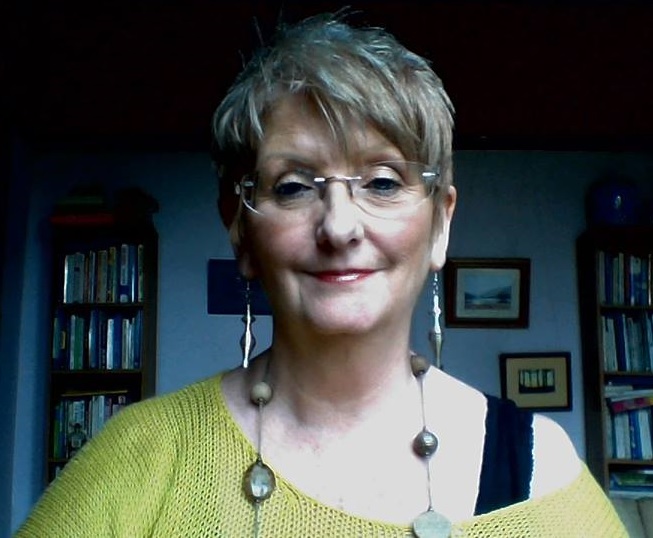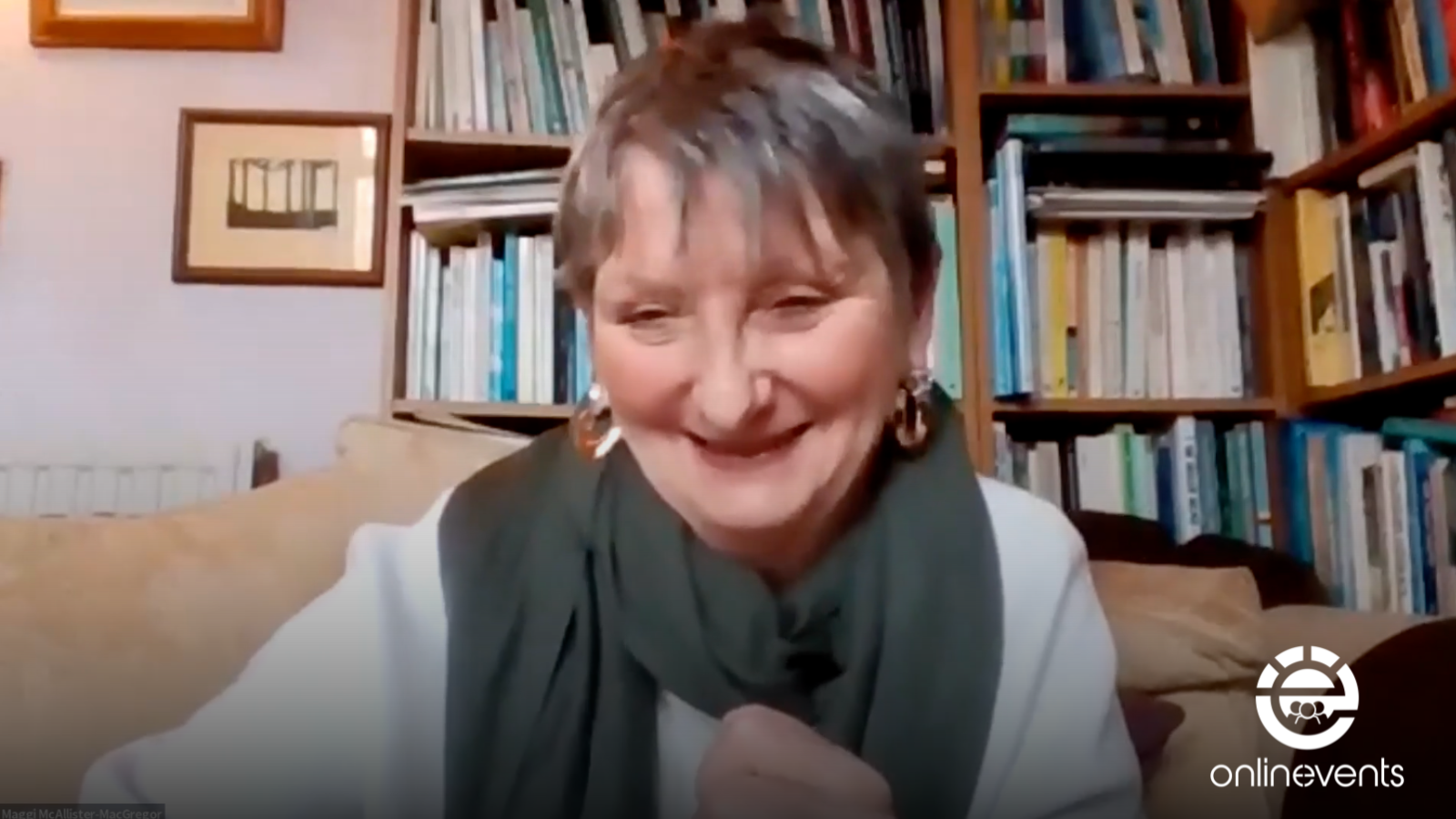Foundation Certificate in The Application of The Polyvagal Theory in Counselling & Psychotherapy Workshop Series
Neuroscience and Parenting
This is the seventh part of an eight-part workshop series.
In this workshop we will look at the importance of co-regulation in the parent-child relationship in developing the capacity for self-regulation. How our responses to a child can be experienced by the child’s nervous system as punishing, even when this is not the intent. We will also look at the impact of developmental trauma, particularly neglect, on the developing brain and nervous system.
By completing this workshop, you are taking a significant step towards fulfilling the entry requirements for the Advanced Certificate in the Application of the Polyvagal Theory in Counselling & Psychotherapy. This essential course, offered by Temenos Education, is available on a ‘Pay What You Can’ basis. For more details, visit: https://www.temenos.education/courses/online-advanced-certificate-in-the-application-of-the-polyvagal-theory-in-counselling-psychotherapy.
Course Content
Presenter

Maggi McAllister-MacGregor is a highly experienced counsellor, supervisor, and trainer in private practice, with over 25 years of working in the field. With a strong foundation in neuroscience and biology dating back to her first degree in the 1970s, Maggi has developed a particular passion for Polyvagal Theory and its role in understanding how we navigate life’s experiences.
Her expertise in bereavement work is rooted in years of hands-on work in hospices, where she provided compassionate care to individuals nearing the end of life as well as bereaved families and friends. In addition, she has served as a supervisor for Cruse Bereavement, further deepening her understanding of grief and loss.
Maggi’s approach integrates scientific insight with therapeutic practice, helping professionals better understand how bereavement impacts the autonomic nervous system— both psychologically and physiologically. Her workshops offer an engaging, informed, and compassionate perspective on working with grief through the lens of Polyvagal Theory.


